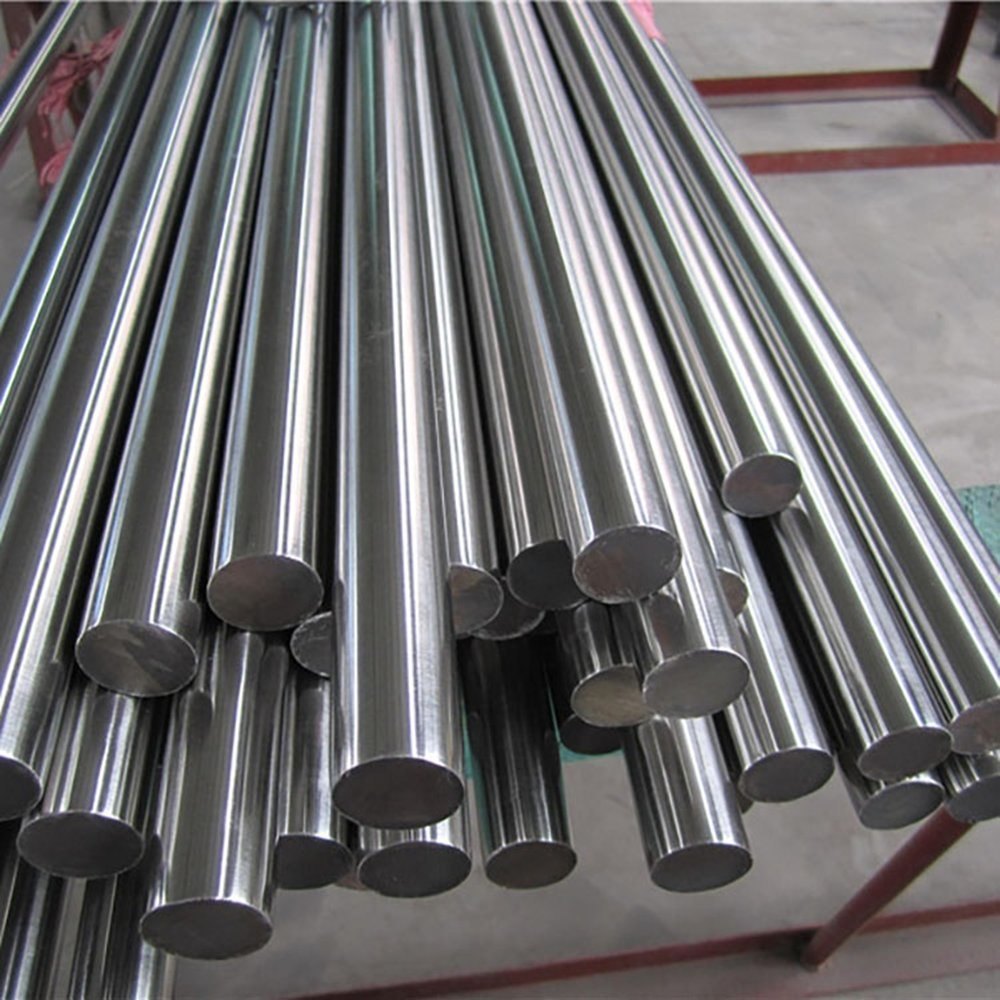Stainless Steel 316L Round Bars combine unmatched durability, corrosion resistance, and versatility, making them a highly sought-after material for diverse industrial applications.
Stainless Steel 316L Round Bars are one of the most widely used engineering materials in various industrial applications due to their exceptional corrosion resistance, durability, and versatility. Known for their low carbon content, 316L stainless steel round bars are highly resistant to sensitization and intergranular corrosion, making them ideal for use in aggressive environments, including chemical processing, marine, and high-temperature applications.
The SS 316L round bars are part of the austenitic stainless steel family, offering superior strength and toughness even at cryogenic temperatures. These round bars are often the preferred choice in industries where protection against pitting, crevice corrosion, and chloride stress cracking is critical. The low carbon content minimizes carbide precipitation during welding, ensuring excellent weldability and maintaining corrosion resistance.
Applications of Stainless Steel 316L Round Bars
The 316L stainless steel round bar is suitable for a wide variety of applications across multiple sectors. Some of the most common uses include:
- Chemical and petrochemical industries: Ideal for handling acids, chemicals, and corrosive agents due to its molybdenum-enriched composition.
- Marine environments: Its resistance to saltwater corrosion makes it the first choice for marine hardware, shipbuilding, and coastal architectural structures.
- Food processing and pharmaceuticals: The hygienic properties and ease of cleaning make 316L round bars ideal for fabricating equipment used in sensitive environments.
- Oil and gas industries: Suitable for drilling rigs, pipelines, and offshore platforms that operate under harsh conditions.
- Construction and infrastructure: Frequently used in structural supports, reinforcements, and industrial frameworks due to its strength and long life span.
- Automotive and aerospace sectors: Valued for precision machining components, shafts, fasteners, and engine parts that require high performance.
- Medical and surgical instruments: The non-reactive nature of 316L stainless steel makes it safe for medical applications, implants, and surgical devices.
Manufacturing Standards and Grades
Stainless Steel 316L Round Bars are manufactured in accordance with various international standards such as ASTM A276, ASTM A479, and ASME SA276. Available in a wide range of sizes, diameters, and finishes, these bars are produced to meet the exact requirements of different industries.
Along with 316L, other popular grades available in stainless steel round bars include 304, 304L, 310, 321, 347, 410, 420, 431, 904L, and duplex stainless steels such as 2205 and 2507. Each grade comes with its unique set of properties, allowing engineers and designers to select the most suitable material for specific applications.
Types of Finishes Available
Stainless Steel 316L Round Bars are offered in multiple finishes, catering to both functional and aesthetic requirements:
- Bright polished round bars: For applications where appearance and precision are critical.
- Black round bars: Typically used in structural and heavy-duty applications.
- Centerless ground bars: Provide a precise diameter and superior surface finish, suitable for machining.
- Hot-rolled and cold-drawn finishes: Offer different mechanical properties and surface characteristics depending on the intended application.
Advantages of Stainless Steel 316L Round Bars
- Exceptional Corrosion Resistance: With added molybdenum, 316L offers superior resistance against chloride-rich environments and acidic media.
- Low Carbon Content: Reduces the risk of carbide precipitation, maintaining weld integrity and corrosion resistance.
- High Durability: Suitable for high-stress applications due to its strength and toughness.
- Versatility: Widely used in industries ranging from chemical to food processing, marine, and medical.
- Ease of Fabrication: Can be easily cut, machined, and welded into complex shapes and designs.
